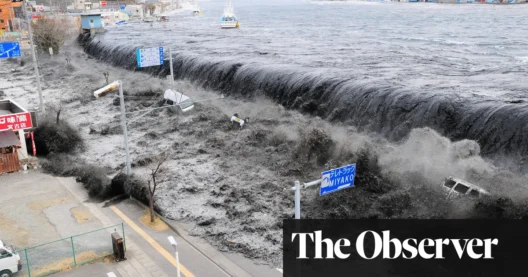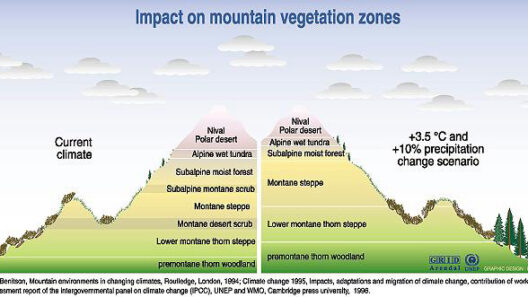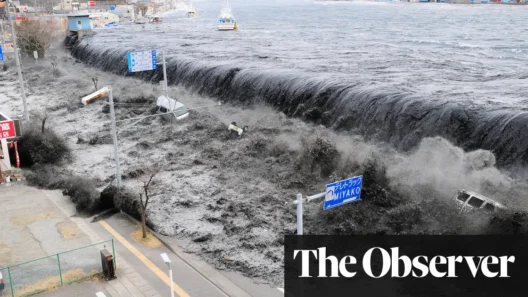Climate change is an existential crisis that demands urgent action. The overwhelming scientific consensus highlights the dire consequences of failing to address this issue: rising global temperatures, erratic weather patterns, and catastrophic ecological changes. However, it is essential to recognize that while the challenge is monumental, there are tangible steps individuals and communities can take to mitigate and ultimately reverse the impact of climate change. Here are ten actionable steps that can make a significant difference in the fight against climate change.
1. Transition to Renewable Energy Sources
One of the foremost strategies in combating climate change is the transition from fossil fuels to renewable energy sources, such as solar, wind, and geothermal power. By shifting to renewables, we can significantly reduce greenhouse gas emissions. Households and businesses can consider installing solar panels or subscribing to green energy programs offered by local utilities. This change not only decreases carbon footprints but also promotes energy independence and economic resilience.
2. Improve Energy Efficiency
Energy efficiency is often an underestimated ally in the fight against climate change. Simple actions, such as switching to LED lighting, utilizing energy-efficient appliances, and improving home insulation, can lead to considerable reductions in energy consumption. Organizations should implement energy audits to identify areas for improvement. When entities commit to pursuing efficiency, the cumulative impact can be profound.
3. Advocate for Sustainable Transportation
The transportation sector is a major contributor to carbon emissions. Promoting sustainable transportation options—such as biking, walking, public transit, and electric vehicles—can significantly lower our carbon output. Communities can invest in infrastructure that supports these modes of transportation, such as bike lanes, pedestrian pathways, and reliable public transit systems. By utilizing car-sharing services and optimizing logistics, businesses can also reduce their overall emissions.
4. Practice Conscious Consumerism
Consumer choices wield substantial power in influencing market trends and production practices. Opting for products that are sustainably sourced or produced with minimal environmental impact can encourage companies to adopt greener practices. Furthermore, reducing consumption through practices like minimalism or repairable goods can extend product life cycles and reduce waste. Supporting local businesses fosters a more sustainable economy and may also result in lower carbon emissions associated with shipping and transportation.
5. Support Reforestation and Conservation Initiatives
Forests act as vital carbon sinks, absorbing atmospheric carbon dioxide. Supporting reforestation projects or engaging in local tree-planting initiatives can help restore ecosystems and enhance biodiversity. Conservation efforts aimed at preserving existing natural habitats are equally paramount in maintaining ecological balance. Engaging in or donating to organizations dedicated to these causes amplifies the collective effort to combat climate change.
6. Adopt a Plant-Based Diet
The food industry contributes significantly to greenhouse gas emissions, particularly through livestock production. By adopting a more plant-based diet—filled with fruits, vegetables, grains, and legumes—individuals can help alleviate the environmental burden associated with meat production. This dietary shift not only benefits personal health but also reduces deforestation and water usage tied to animal agriculture. Education around sustainable eating practices can further amplify this impact.
7. Participate in Climate Advocacy
Engagement in climate advocacy plays a crucial role in shaping public policy and opinion. Individuals can join local environmental groups or global campaigns advocating for legislative measures that prioritize climate action. Writing to elected officials, participating in demonstrations, or spreading awareness on social media are effective strategies to amplify messages around climate urgency. Collective voice and action can drive systemic change that initiatives alone cannot achieve.
8. Reduce Waste and Promote Circular Economy
The traditional linear economy—characterized by a ‘take, make, dispose’ mentality—exacerbates environmental degradation. Adopting circular economy principles emphasizes reducing waste and fostering recycling and reuse. Initiatives such as composting, upcycling, and sharing economies can significantly minimize landfill contributions and resource depletion. Implementing waste reduction strategies in both personal and community practices bolsters sustainability efforts.
9. Support Climate Education and Awareness
Education is the bedrock of informed action. Supporting climate education in schools and communities equips individuals with the knowledge necessary to understand and address climate issues effectively. Encourage discussions about environmental stewardship and integrate sustainability into educational curricula. Informative workshops, seminars, and community outreach can create a more informed public poised to take action against climate change.
10. Personal Commitment to Sustainability
Ultimately, individual accountability is pivotal to catalyzing broader societal change. By committing to sustainable practices, whether through reducing personal carbon footprints, volunteering for ecological projects, or sharing sustainable practices among peers, individuals contribute to a more sustainable world. The ripple effect of personal choices can inspire others to follow suit, creating a culture of sustainability that permeates society.
In conclusion, the challenge of climate change may seem insurmountable, but these ten actionable steps provide tangible pathways to foster significant change. Embracing renewable energy, improving efficiency, advocating for sustainable practices, and fostering community engagement collectively represent a comprehensive approach to mitigating climate change. Every action matters, and with collective effort, there is still hope for a sustainable future.






